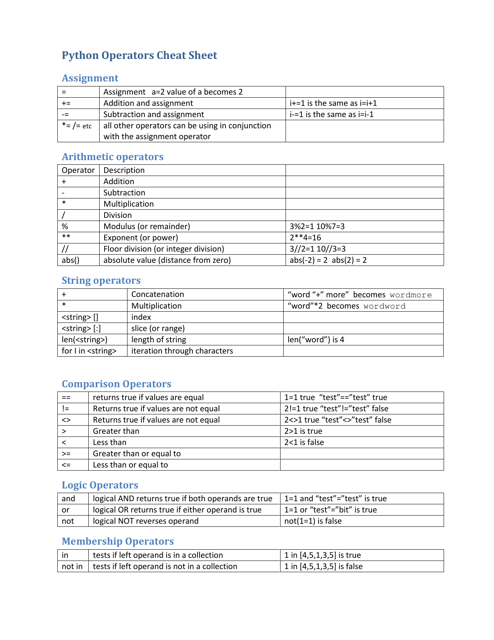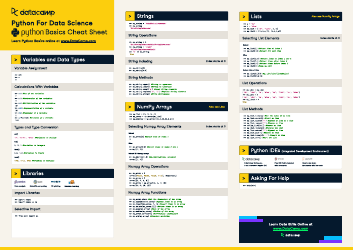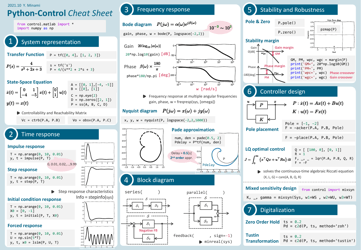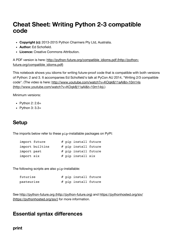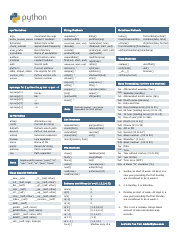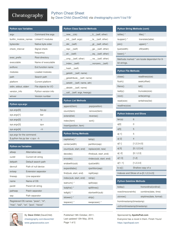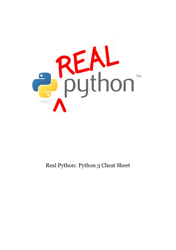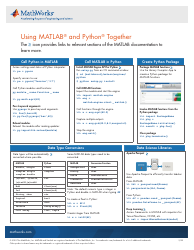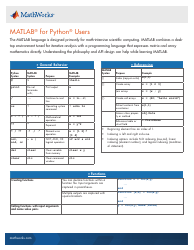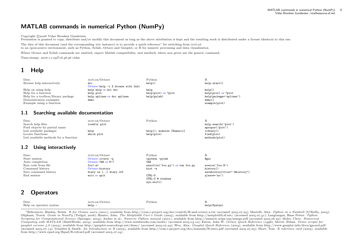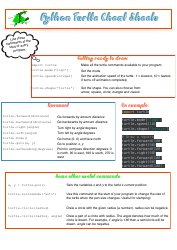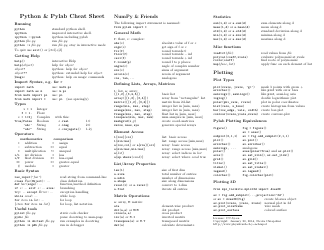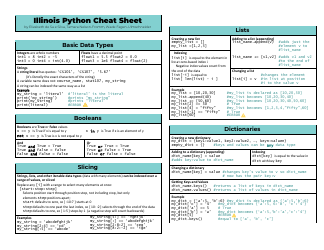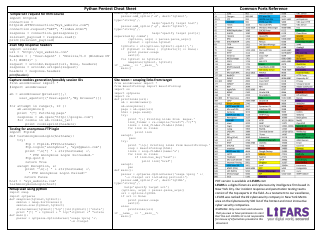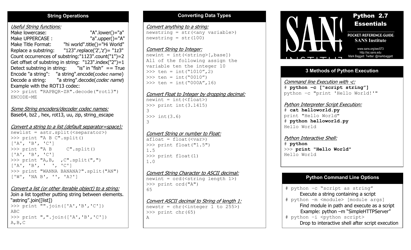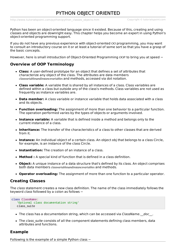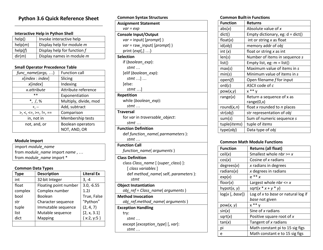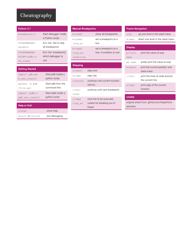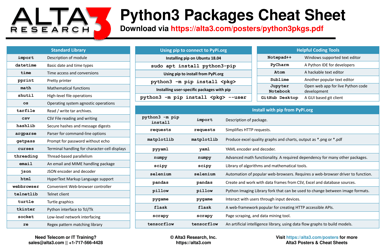Python Operators Cheat Sheet
The Python Operators Cheat Sheet is a quick reference guide that provides information on the different operators used in the Python programming language. It helps programmers understand and use operators effectively in their code.
The Python Operators Cheat Sheet is a widely used resource in the Python programming community. It is typically created and maintained by various Python programming experts, developers, or organizations. While there is no single entity or individual solely responsible for filing or managing this cheat sheet, it is often found on online platforms, forums, or documentation websites that cater to Python programming.
FAQ
Q: What is a Python operator?
A: A Python operator is a symbol that performs an operation on one or more operands.
Q: What are the different types of Python operators?
A: Python operators can be classified into arithmetic, comparison, assignment, logical, bitwise, and membership operators.
Q: What are arithmetic operators in Python?
A: Arithmetic operators in Python are used to perform mathematical calculations, such as addition, subtraction, multiplication, division, etc.
Q: What are comparison operators in Python?
A: Comparison operators in Python are used to compare two values and return a boolean value (True or False) based on the comparison.
Q: What are assignment operators in Python?
A: Assignment operators in Python are used to assign values to variables.
Q: What are logical operators in Python?
A: Logical operators in Python are used to combine multiple conditions and return a boolean value based on the result of the combination.
Q: What are bitwise operators in Python?
A: Bitwise operators in Python are used to perform operations on individual bits of binary numbers.
Q: What are membership operators in Python?
A: Membership operators in Python are used to test if a value is present in a sequence or not.
